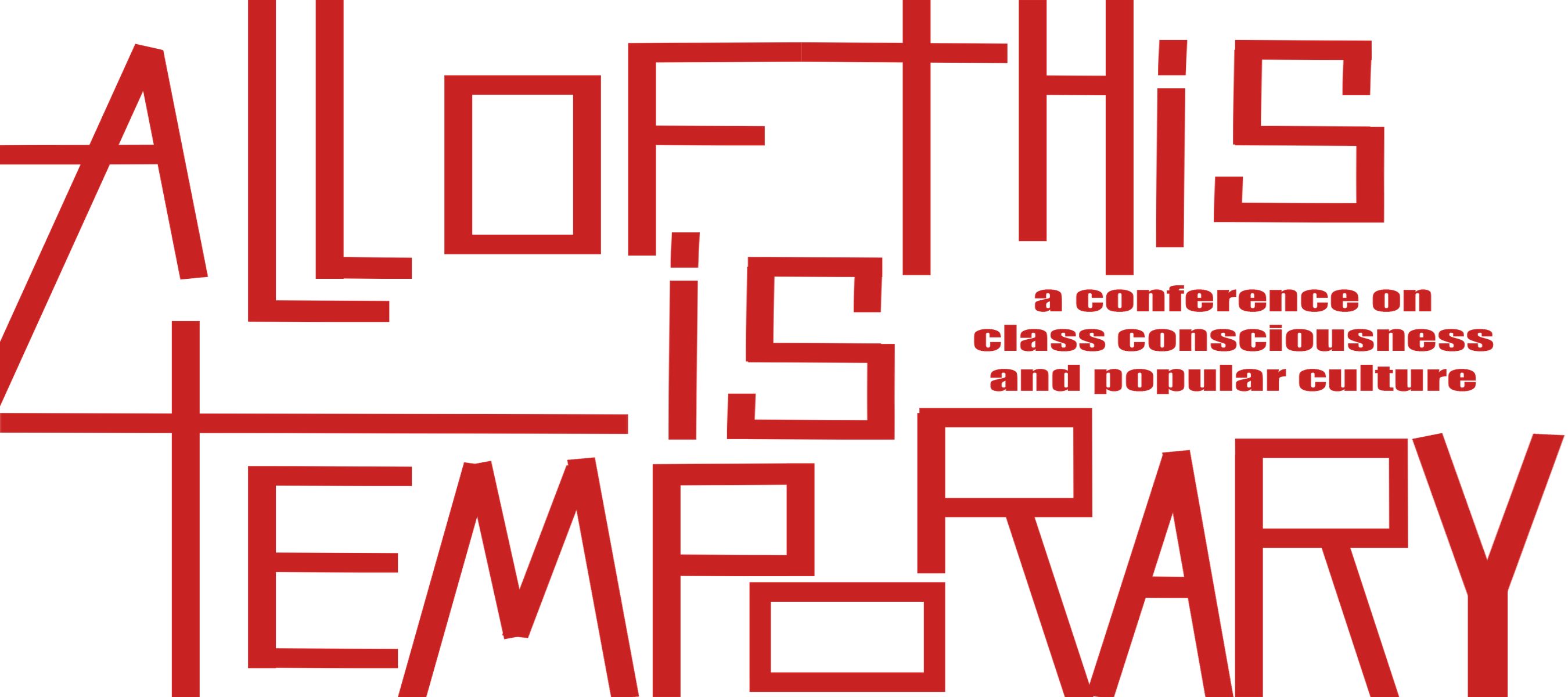Cultures of Imperialism in US Democracy Promotion
Start Date
15-4-2023 11:30 AM
End Date
15-4-2023 12:15 PM
Description
This paper explores US democracy promotion as an imperialist project through the National Endowment for Democracy and Agency for International Development. It looks at the broader history and interrelations between US democratic culture and US power projection abroad. I give particular emphasis to the history and political economy of the NED and USAID and their instrumentalization of media and civil society to fight geopolitical enemies of the US abroad. Taking theoretical framework from Amy Kaplan’s Cultures of US imperialism and Oliver Boyd-Barrett’s studies of media imperialism, I argue that US democracy promotion has historically been tied to imperialist projects benefiting deeply entrenched US economic and security interests. This perspective motivates readers to critically engage and reexamine democracy promotion institutions and policies, their associated media and civil society networks, and relations to corporate and state power that are hegemonically presented as neutral, benevolent, or democratic.
Cultures of Imperialism in US Democracy Promotion
This paper explores US democracy promotion as an imperialist project through the National Endowment for Democracy and Agency for International Development. It looks at the broader history and interrelations between US democratic culture and US power projection abroad. I give particular emphasis to the history and political economy of the NED and USAID and their instrumentalization of media and civil society to fight geopolitical enemies of the US abroad. Taking theoretical framework from Amy Kaplan’s Cultures of US imperialism and Oliver Boyd-Barrett’s studies of media imperialism, I argue that US democracy promotion has historically been tied to imperialist projects benefiting deeply entrenched US economic and security interests. This perspective motivates readers to critically engage and reexamine democracy promotion institutions and policies, their associated media and civil society networks, and relations to corporate and state power that are hegemonically presented as neutral, benevolent, or democratic.


